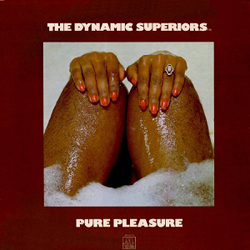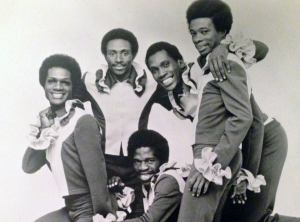valet
The official Chaplain of the Coli
First of all. Watch the whole Soul Train video. Some of the stuff they do  My co-worker called them the Sissy Superiors (he's 70 and don't care about getting cancelled). He actually is a fan because he likes his voice
My co-worker called them the Sissy Superiors (he's 70 and don't care about getting cancelled). He actually is a fan because he likes his voice  . They even had a song called "Me and Mr. Jones"
. They even had a song called "Me and Mr. Jones" 
Def gonna do some research of them though because I'm curious about their reception in the early 70's. Maybe it's like how people accepted Little Richard?
 My co-worker called them the Sissy Superiors (he's 70 and don't care about getting cancelled). He actually is a fan because he likes his voice
My co-worker called them the Sissy Superiors (he's 70 and don't care about getting cancelled). He actually is a fan because he likes his voice  . They even had a song called "Me and Mr. Jones"
. They even had a song called "Me and Mr. Jones" 
Def gonna do some research of them though because I'm curious about their reception in the early 70's. Maybe it's like how people accepted Little Richard?

